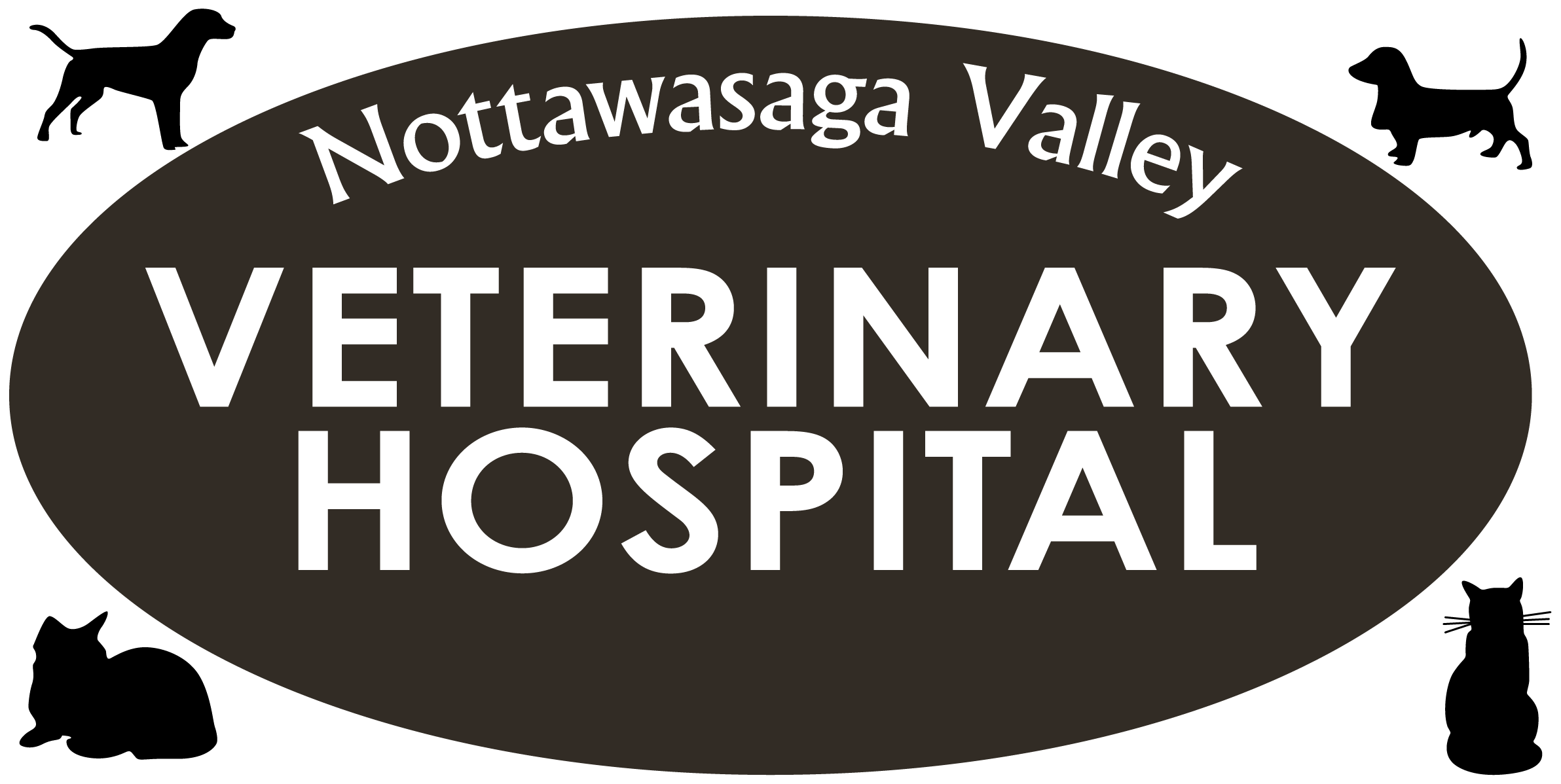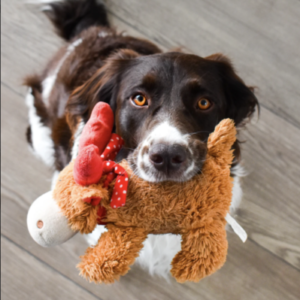Good oral health is an important component of general health and well being. Eighty five percent of pets have periodontal disease by three years of age. Periodontal disease affects the gums and the bone surrounding the teeth. Since pets don’t complain and since most dogs and cats will eat even when their mouth hurts, it is often difficult for pet owners to notice that their pet has problems in the mouth.
Many pets are presented to their veterinarian only after oral disease is well advanced. At this point oral surgery to extract often multiple diseased teeth is the only option.
As health care providers, our veterinarians are now emphasizing the benefits of home dental care and regular cleaning by our trained professionals.
- Regular checkups allow our doctors and technicians to look for early and advanced signs of problems in the mouth. Once problems have been identified, a treatment plan can be implemented to resolve them.
- Regular tooth brushing, application of oral cleansing gel, dental diets, dental rawhides and dental chews are all things that will help to minimize tartar formation and keep the mouth healthy. These things can all be done at home!
- Regular cleaning at our hospital under general anesthesia will have the biggest impact on the overall health of the teeth and gums. It is only under general anesthesia that a thorough evaluation can be done of all teeth and the surrounding tissues. Problems can be identified and addressed. Sore teeth, teeth with cavities, loose teeth and broken teeth are usually extracted. All healthy teeth are cleaned above and below the gumline. Root planing, whereby tartar is scraped from below the gumline until the root is smooth again, is performed on teeth with deep pockets around them to encourage the gum to reattach.
A sore and infected mouth can result in the spread of bacteria to other organs causing more health problems. Dental disease can result in low-grade chronic pain, infection and discomfort.
To schedule your pet for a dental checkup, call us at 705-434-2226.





